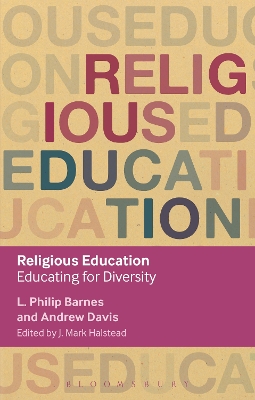Key Debates in Educational Policy
2 total works
What purpose does educational assessment serve? Are the same instruments suitable for different purposes? How much trust can we place upon the outcomes of educational assessment?
The subject of educational assessment is much discussed and much misunderstood. Policymakers assert its importance to quality in education and its essential role in ensuring accountability for public education, and the results of educational assessment are thought to be of such vital interest to society that they are often made public knowledge.
This approachable text explores the philosophical issues underlying these debates and how they impact on public educational policy. Two leading educators well-known for their work on educational assessment offer different perspectives on the value of exams and tests for a flourishing system of education, while the editor, Gerard Lum, comments on the strengths and weaknesses of the arguments.
The subject of educational assessment is much discussed and much misunderstood. Policymakers assert its importance to quality in education and its essential role in ensuring accountability for public education, and the results of educational assessment are thought to be of such vital interest to society that they are often made public knowledge.
This approachable text explores the philosophical issues underlying these debates and how they impact on public educational policy. Two leading educators well-known for their work on educational assessment offer different perspectives on the value of exams and tests for a flourishing system of education, while the editor, Gerard Lum, comments on the strengths and weaknesses of the arguments.
Religious Education: Educating for Diversity raises issues that are central to the theory and practice of education, and in particular religious education, in modern liberal democracies characterized by diversity in its different forms. What kind of religious education is best equipped both to challenge prejudice and intolerance in society and to develop responsible and respectful relationships between people from different communities or with different commitments?
Two eminent educators address this question and propose contrasting answers. Attention is given to the aims of education and the contribution of religious education to the curriculum; historical forms of religious education; the nature of diversity in society; the roots of prejudice; different methodologies in religious education and their philosophical and religious commitments; and to positive strategies to enable religious education to realise its potential and contribute to the social and moral aims of liberal education.
Two eminent educators address this question and propose contrasting answers. Attention is given to the aims of education and the contribution of religious education to the curriculum; historical forms of religious education; the nature of diversity in society; the roots of prejudice; different methodologies in religious education and their philosophical and religious commitments; and to positive strategies to enable religious education to realise its potential and contribute to the social and moral aims of liberal education.

